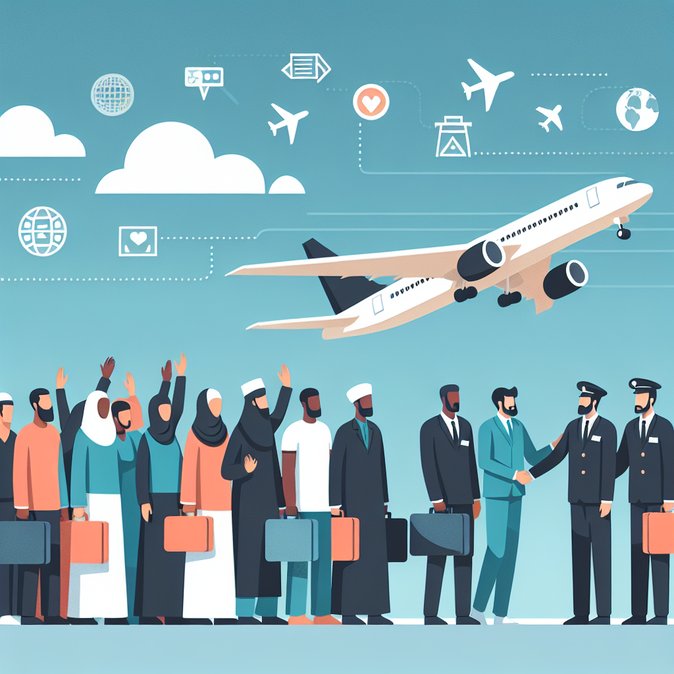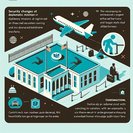
Brazil’s Ministry of Human Rights and Citizenship (MDHC) confirmed that a charter flight carrying Brazilian nationals deported from the United States landed at Belo Horizonte/Confins Airport on the evening of 26 November. The reception forms part of “Aqui é Brasil”, an inter-agency initiative designed to give returnees immediate humanitarian assistance and long-term reintegration support.
On arrival, deportees are processed by teams from the MDHC, the Foreign Ministry, the Ministries of Justice, Social Development and Health, the Federal Police and the International Organization for Migration. Services include medical screening, psychological counselling, meals, hygiene kits and subsidised onward travel to home states. Vulnerable cases—such as unaccompanied minors or trafficking victims—are fast-tracked to specialised shelters.
![‘Aqui é Brasil’ Program Welcomes Deportees Returning from the United States]()
The number of Brazilians returned from the U.S. has risen sharply: more than 3 200 were repatriated in the first ten months of 2025, a 28 percent increase on 2024, reflecting tougher U.S. border enforcement. For global-mobility and compliance teams, the trend underscores reputational and legal risks tied to informal expatriation channels and third-party recruiters that may facilitate irregular migration.
Brazilian authorities plan to table legislation in early 2026 to streamline recognition of skills acquired abroad, thereby improving job-placement outcomes for returnees. Meanwhile, corporate duty-of-care frameworks are being updated to ensure Latin-American assignees travel with correct visas and to audit subcontractors in seasonal-labor supply chains.
The “Aqui é Brasil” model could become a template for other Latin-American governments grappling with rising deportations and reintegration challenges, say migration scholars at the Federal University of Minas Gerais.
On arrival, deportees are processed by teams from the MDHC, the Foreign Ministry, the Ministries of Justice, Social Development and Health, the Federal Police and the International Organization for Migration. Services include medical screening, psychological counselling, meals, hygiene kits and subsidised onward travel to home states. Vulnerable cases—such as unaccompanied minors or trafficking victims—are fast-tracked to specialised shelters.

The number of Brazilians returned from the U.S. has risen sharply: more than 3 200 were repatriated in the first ten months of 2025, a 28 percent increase on 2024, reflecting tougher U.S. border enforcement. For global-mobility and compliance teams, the trend underscores reputational and legal risks tied to informal expatriation channels and third-party recruiters that may facilitate irregular migration.
Brazilian authorities plan to table legislation in early 2026 to streamline recognition of skills acquired abroad, thereby improving job-placement outcomes for returnees. Meanwhile, corporate duty-of-care frameworks are being updated to ensure Latin-American assignees travel with correct visas and to audit subcontractors in seasonal-labor supply chains.
The “Aqui é Brasil” model could become a template for other Latin-American governments grappling with rising deportations and reintegration challenges, say migration scholars at the Federal University of Minas Gerais.











